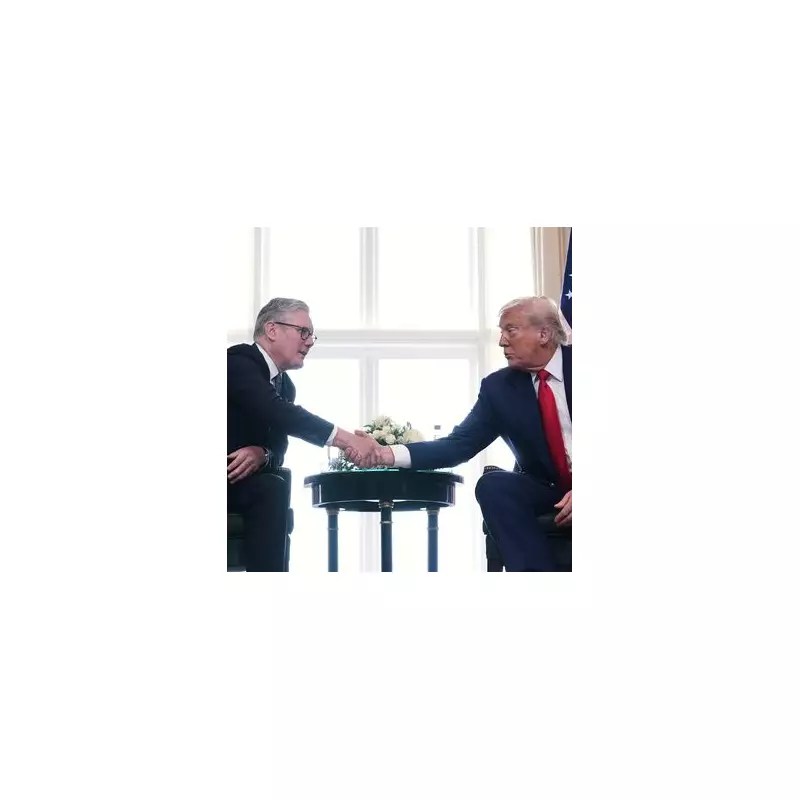
Former US President Donald Trump and UK Labour leader Keir Starmer have locked horns in a heated exchange over NATO defence spending, igniting fresh political tensions ahead of the upcoming UK elections.
Trump, known for his outspoken views on military alliances, criticised Starmer's stance on NATO contributions during a recent interview. The Labour leader swiftly hit back, defending the UK's commitment to collective security.
A War of Words on Defence Policy
The confrontation began when Trump questioned whether Starmer would maintain the UK's defence spending at NATO's recommended 2% of GDP target. "He needs to understand that security isn't free," Trump declared, echoing his long-standing position that European nations should contribute more to their own defence.
Starmer responded firmly, stating: "The Labour Party has always been clear about our commitment to NATO and to meeting our international obligations. Unlike some, we don't believe in transactional approaches to global security."
Political Implications in the UK
This public spat comes at a sensitive time in British politics, with Starmer positioning Labour as the party of national security ahead of the next general election. Defence policy has become a key battleground between Labour and the Conservatives, with both parties vying to present themselves as the most reliable guardians of Britain's security interests.
Political analysts suggest Trump's intervention could complicate Starmer's efforts to appeal to centrist voters while maintaining Labour's traditional base. "This exchange puts Starmer in a tricky position," noted Westminster expert Dr. Emily Carter. "He needs to demonstrate strength on defence without alienating progressive voters wary of Trump's influence."
Historical Context of US-UK Defence Relations
The debate reflects broader tensions within NATO about burden-sharing, a recurring theme during Trump's presidency. While the Biden administration has taken a more diplomatic approach, Trump's comments suggest these issues may resurface if he returns to office.
Defence Secretary Ben Wallace recently acknowledged the need for European nations to increase military spending, though he emphasised this should be done through cooperation rather than confrontation. "We're seeing real threats emerge that require collective action," Wallace told Parliament last week.
As the political temperature rises, this transatlantic exchange highlights how international relations and defence policy are likely to feature prominently in the coming election campaign.





